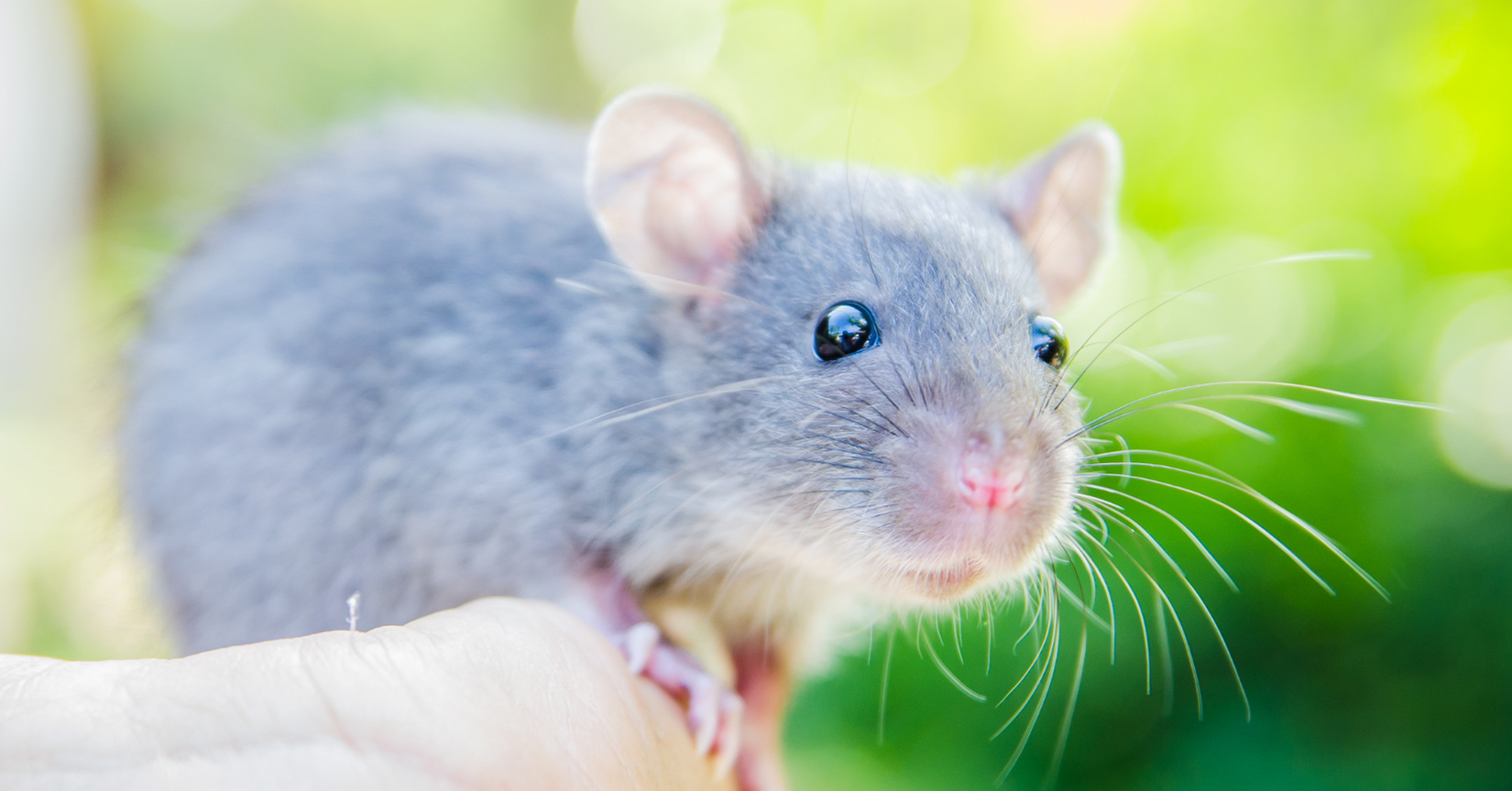
Rats are one of the animals used most often for vivisection.
In fact, it is estimated that rats – along with mice – comprise over 99% of all experimental subjects, with as many as 111,500,000 of them being exploited, brutalized, and killed in laboratories each and every year in the U.S. alone.
Rats used as experimental subjects receive no protections under the law because, for purposes of the Animal Welfare Act, they are not considered warm-blooded animals . . . even though they uncontestedly are, and even though all of us (including researchers) recognize their capacity to suffer both mentally and physically. This lack of legal consideration means that researchers can do anything—absolutely anything—to these sentient creatures without even the potential for having to answer to anyone. And, in fact, some commentators believe that this is one reason rats (and mice) are often the chosen experimental victims: their use and harm is completely shielded from all public view and consideration.
Just as humans have done with almost all other species, we have found baseless reasons to differentiate ourselves from rats and to differentiate rats from other species. And, also similarly, these differentiations are hollow, disingenuous, and unscientific:
- Rats laugh.
- Rats empathize.
- Rats help one another (even when they could easily avoid doing so—something that, as authors Kristin Andrews and Susana Monso correctly state “many humans fail to do”).
- Rats relive memories and plan for the future.
- Rats trade different kinds of goods with one another.
- Rats display regret when they make a wrong choice.
- Rats outperform humans in some learning tasks.
- Rats are us.
Despite having this knowledge for decades, the law still empowers scientists to continue treating rats as “cheap and disposable research tool[s]”.
When will we start objecting to this horrific consequence of our collective, unfounded apathy towards these complex, intelligent, and emotional beings? This is the critical question, because, when we start objecting, we start challenging the institutional regime that harms them, and we start creating change – as long-time research laboratory veterinarian Larry Carbone writes:
This political situation is only tenable so long as rats and mice are excluded from serious moral concern in the public eye . . . Rats and mice have long lacked the political capital to warrant inclusion under the [Animal Welfare Act], as evidence of public concern for their welfare has been lacking.
So, as with all of the human harms leveled against nonhuman animals, we are responsible for what is befalling rats. And, as with all of the other harms, as well, we have the power to create change. And we must.